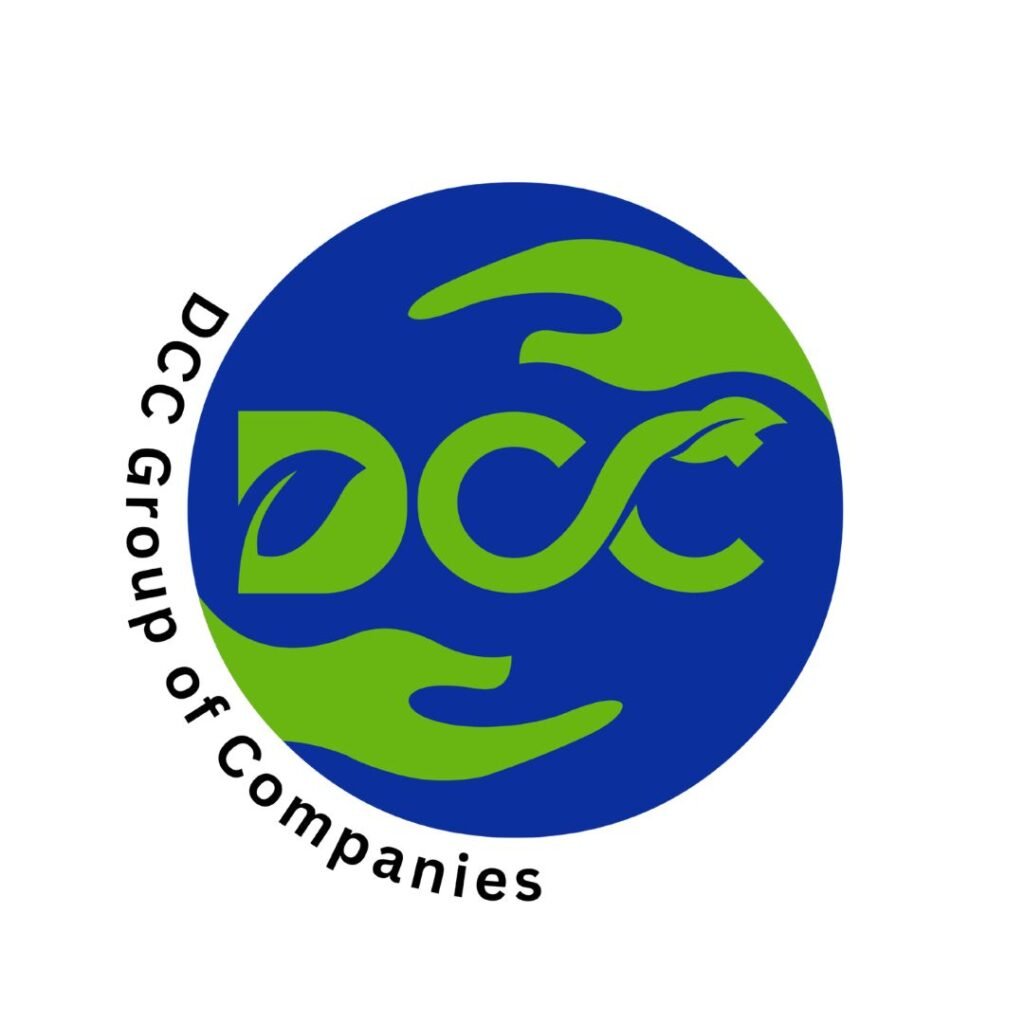India, with its rapidly growing urban population, faces a mounting challenge — the effective management of municipal solid waste (MSW). Overflowing landfills, unsegregated garbage, and inadequate treatment infrastructure have long plagued urban centers, affecting both public health and the environment. However, a new wave of innovation is changing this narrative. At the forefront of this transformation is DCC Group, one of India’s most trusted waste screening machine manufacturers, leading the charge in sustainable waste management solutions.
DCC’s role in the waste management ecosystem is pivotal, particularly in the deployment of municipal waste segregation machines and segregation plants that efficiently separate and process mixed waste. By turning trash into treasure, DCC Group is helping India move closer to its goals of zero waste, circular economy, and cleaner urban living.
Why Fresh Waste Segregation Matters
Fresh waste segregation is the process of sorting waste immediately after it is collected from households, markets, and commercial establishments. This waste typically includes biodegradable material, plastic packaging, metals, textiles, and inert matter. Segregating waste at this stage ensures that the maximum amount of recyclable and reusable material is recovered before it degrades or contaminates other components.
Without segregation, waste often ends up in open dumps or landfills, releasing harmful leachate and greenhouse gases like methane. In contrast, with proper municipal waste segregation machines in place, fresh waste can be transformed into resources such as compost, Refuse-Derived Fuel (RDF), recyclables, and construction material.
DCC Group’s cutting-edge equipment ensures this critical step is handled with speed, precision, and minimal human intervention.
The Evolution of MSW Treatment in India
Municipal Solid Waste (MSW) Treatment Plants have evolved considerably over the last decade. Traditionally reliant on manual labor, these facilities were slow, unsafe, and inefficient. Today, advanced garbage segregation machines and fully-automated waste screening systems have redefined the landscape.
DCC Group has been instrumental in this shift, designing machines that can handle varying waste compositions from different parts of the country. Whether it’s dry waste from metros or mixed organic waste from semi-urban towns, DCC’s solutions are built to adapt and deliver.
What is a Waste Screening Machine?
A waste screening machine is a mechanical device used in segregation plants to separate waste based on size and composition. It typically consists of rotary drums (trommels), vibrating screens, and conveyor belts that sort waste into different fractions — such as oversize, undersize, and recyclable components.
These machines are essential for:
-
Improving the quality of segregated recyclables
-
Preparing organic fractions for composting
-
Extracting inerts and RDF material
-
Minimizing the volume of residual waste sent to landfills
As a leading waste screening machine manufacturer, DCC Group produces highly durable, low-maintenance machines that are suitable for Indian waste streams and climate conditions.
How Segregation Plants Operate
A segregation plant is a facility where mixed waste is brought in for sorting and pre-processing. The plant includes a combination of equipment such as:
-
Trommel Screens for size-based separation
-
Air Classifiers for density-based sorting
-
Magnetic Separators to extract metals
-
Ballistic Separators for 2D and 3D waste differentiation
-
Manual Sorting Conveyors (if required)
DCC Group designs and builds these plants for municipalities, industrial parks, and private waste contractors. Each plant is custom-designed to handle specific daily capacities and waste compositions.
Features of DCC’s Waste Screening Machines
As an experienced garbage segregation machine manufacturer, DCC Group’s machines are known for:
-
High Throughput Capacity – Machines can handle 5 to 100+ tons per hour
-
Modular Design – Easy to install, expand, or relocate
-
Corrosion-Resistant Build – Suitable for wet and acidic waste environments
-
Low Power Consumption – Energy-efficient operation
-
Custom Configuration – Tailored to local waste profiles
These features make DCC machines ideal for integration into both decentralized and centralized MSW treatment plants.
DCC’s Impact: Case Studies and Implementation
DCC Group has successfully implemented segregation plants and supplied screening machinery across numerous Indian states. Some highlighted impacts include:
-
Delhi-NCR: Deployment of high-capacity trommel screens and RDF separation lines for municipal corporations.
-
Rajasthan: Installation of decentralized waste segregation units for smaller urban bodies to reduce landfill pressure.
-
Uttar Pradesh: Turnkey execution of MSW treatment plants equipped with air density separators and composting systems.
In all these projects, DCC’s engineering expertise and commitment to sustainability have delivered results — cleaner cities, reduced landfill loads, and enhanced resource recovery.
Benefits of Waste Screening and Segregation
The adoption of advanced screening and segregation technologies offers numerous benefits:
-
Resource Recovery: Increases recycling rates for plastic, paper, metal, and glass.
-
Environmental Protection: Minimizes pollution caused by unsegregated dumping.
-
Economic Opportunity: Creates jobs in recycling and waste-to-energy sectors.
-
Compost & RDF Production: Supports organic farming and alternative fuels.
-
Compliance: Helps municipalities meet SWM Rules 2016 and NGT directives.
With DCC Group as your partner, these benefits become achievable, measurable outcomes.
Building India’s Circular Economy
The journey from trash to treasure is not just a catchy phrase — it’s the core of India’s evolving waste management strategy. By investing in waste screening machines, MSW treatment plants, and segregation plants, cities can reduce their environmental footprint while unlocking new streams of revenue and employment.
DCC Group is proud to be a catalyst in this transformation, enabling cities to embrace technology, efficiency, and sustainability.
Conclusion
India’s waste crisis is not insurmountable — it is an opportunity in disguise. With the right infrastructure and expertise, every ton of waste can be transformed into a valuable resource. DCC Group, as one of the leading waste screening machine manufacturers, is committed to this mission.
Whether you’re a city planner, private waste handler, or environmental policymaker, the path to cleaner cities and greener futures begins with smart segregation — and DCC is here to lead the way.
Choose DCC Group. Choose a sustainable future.





